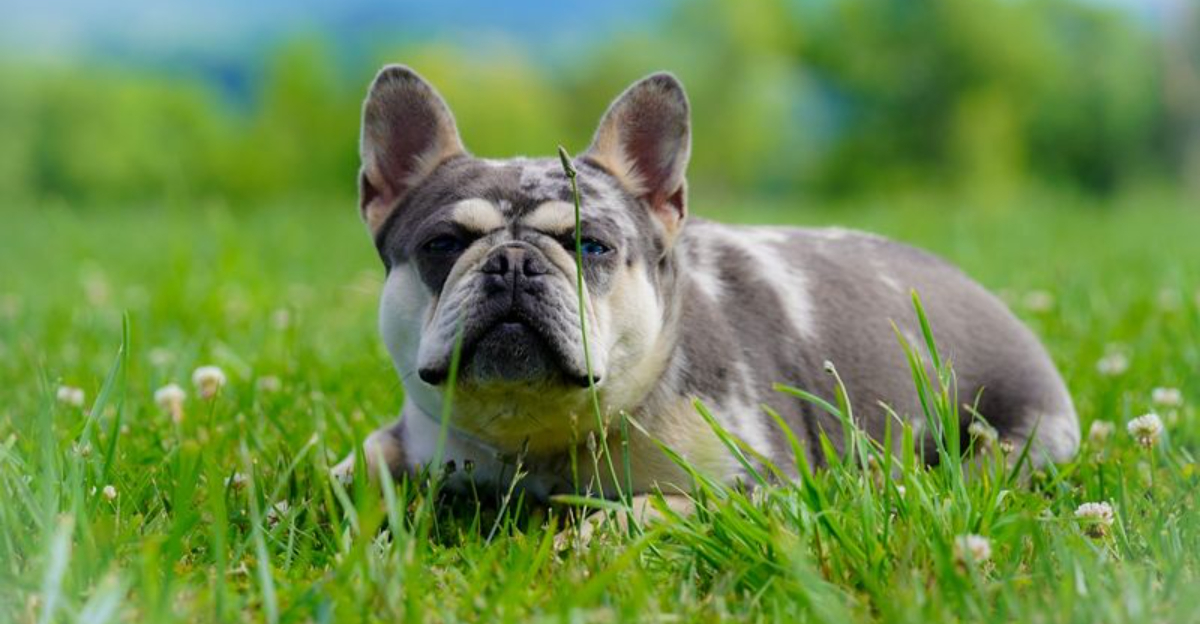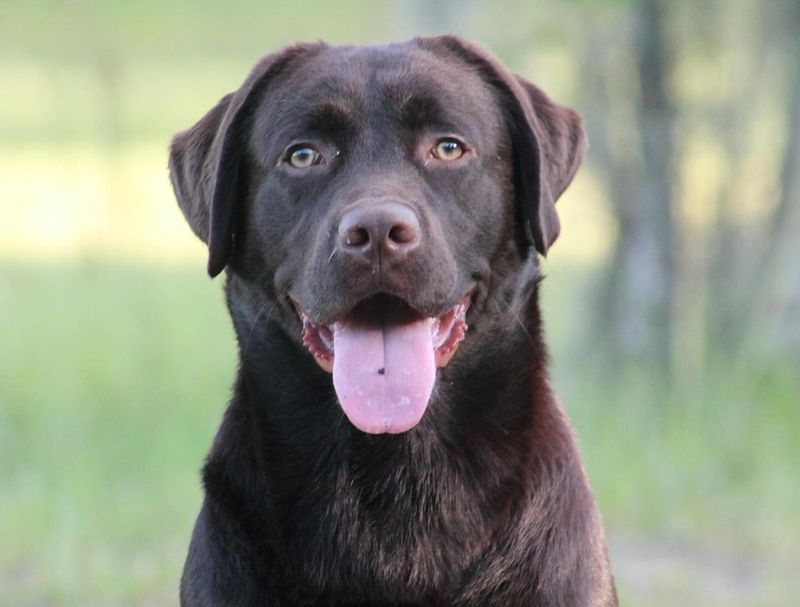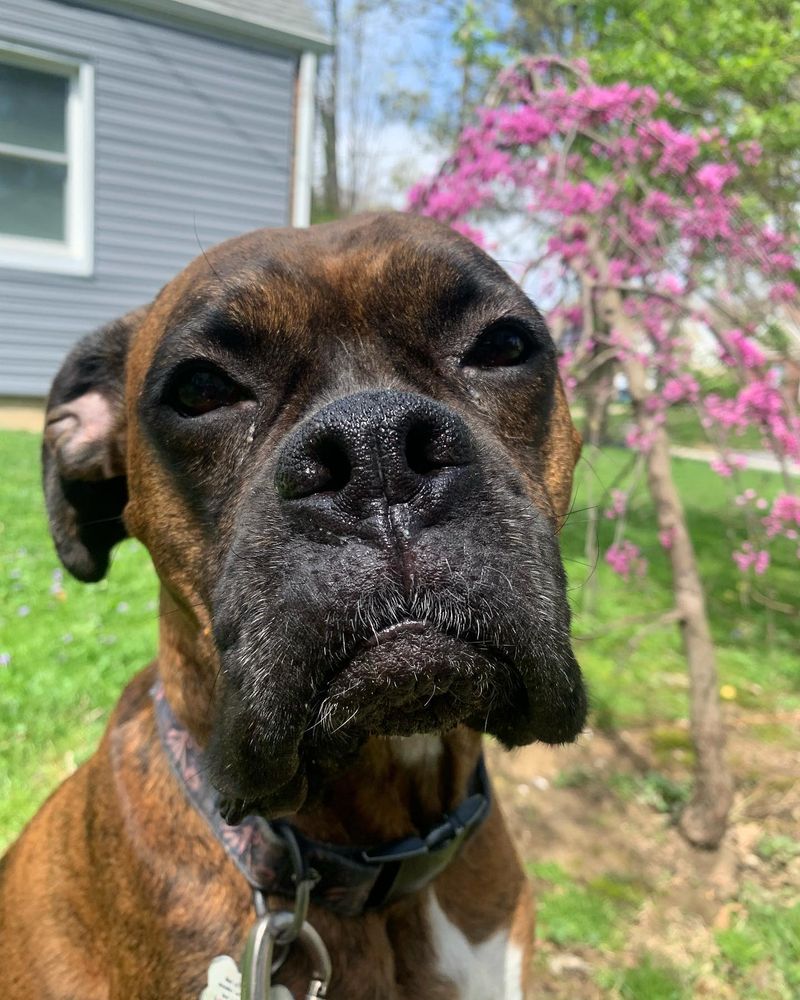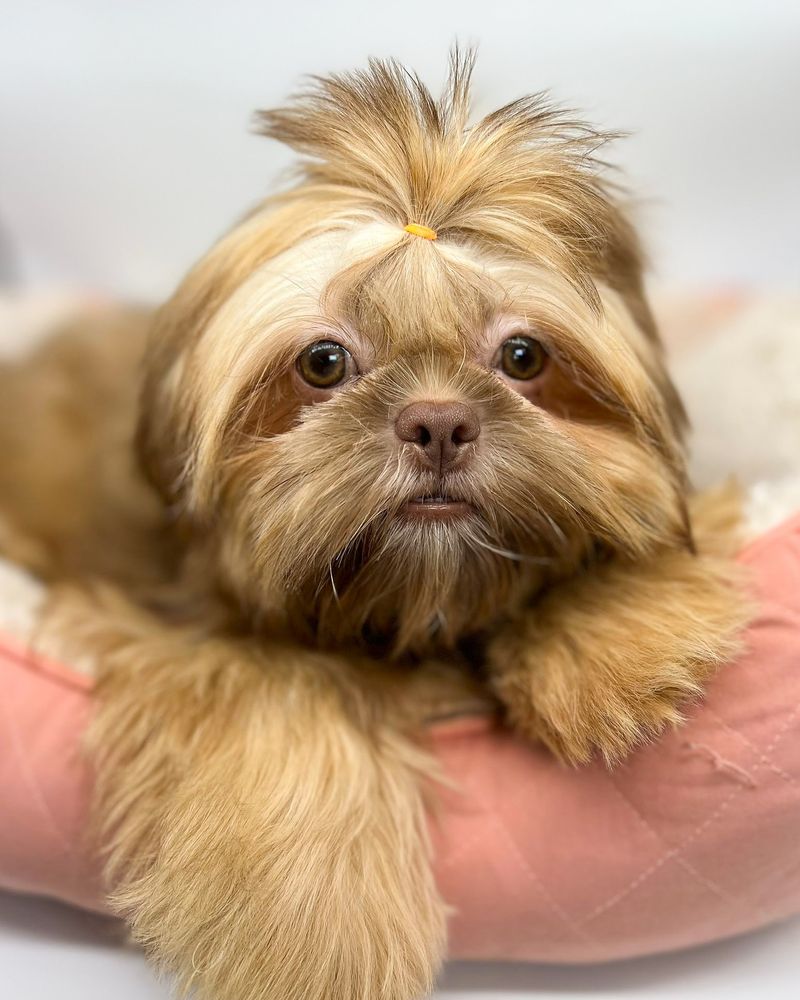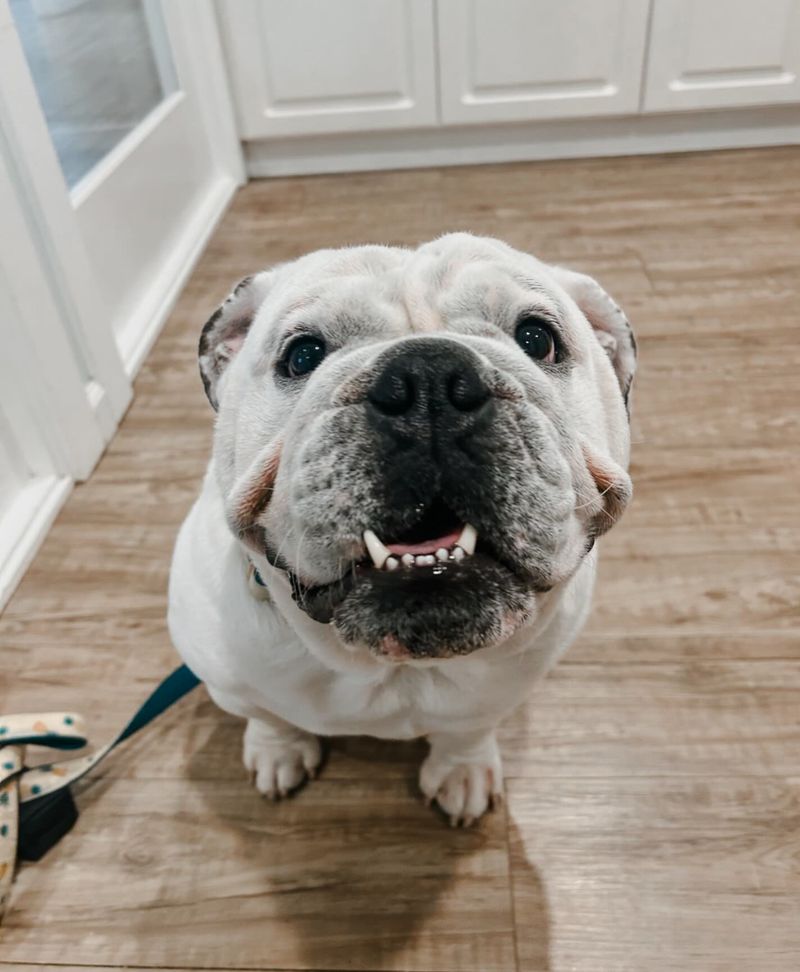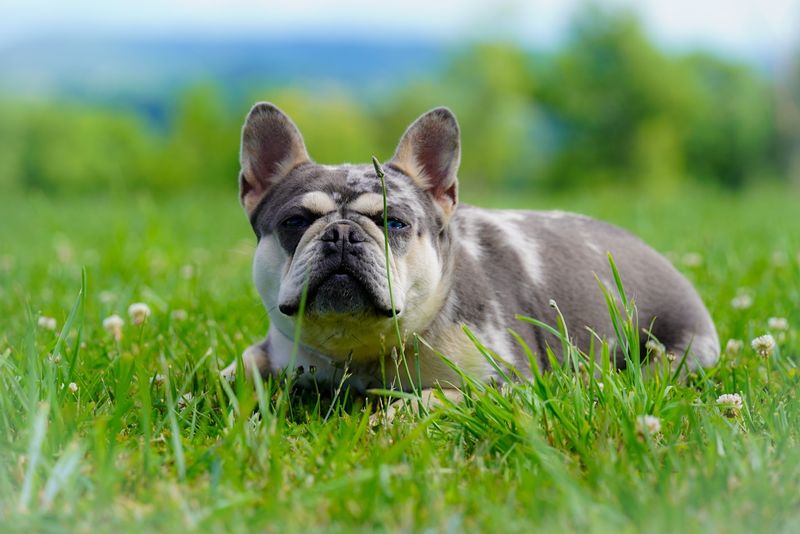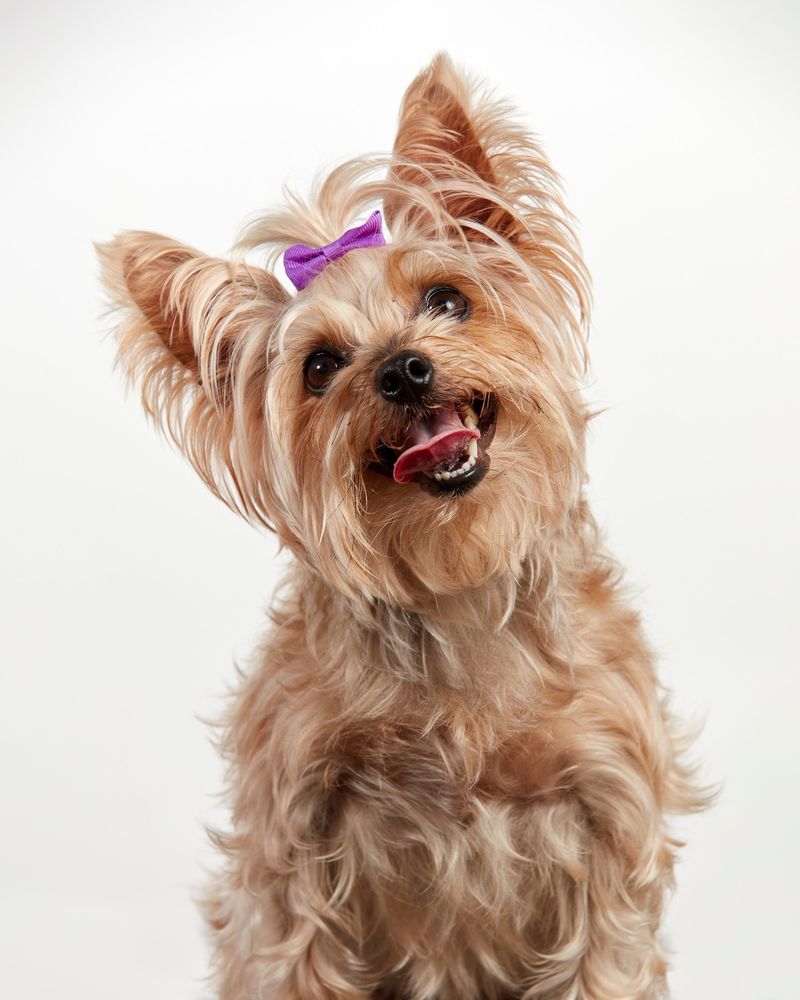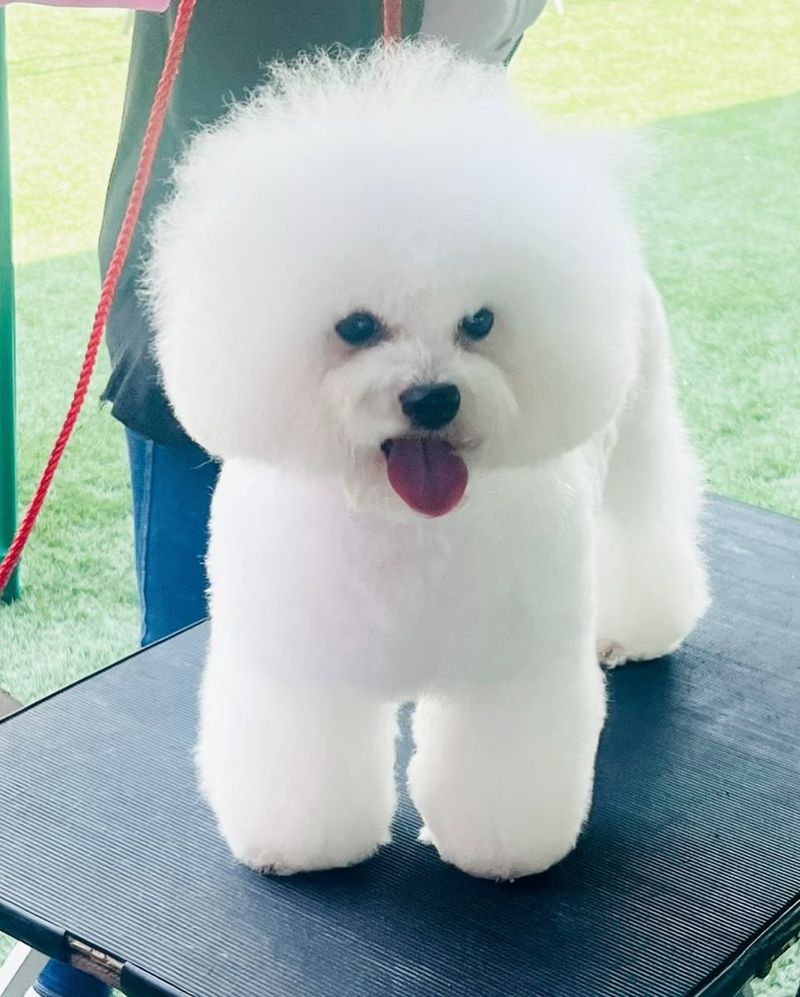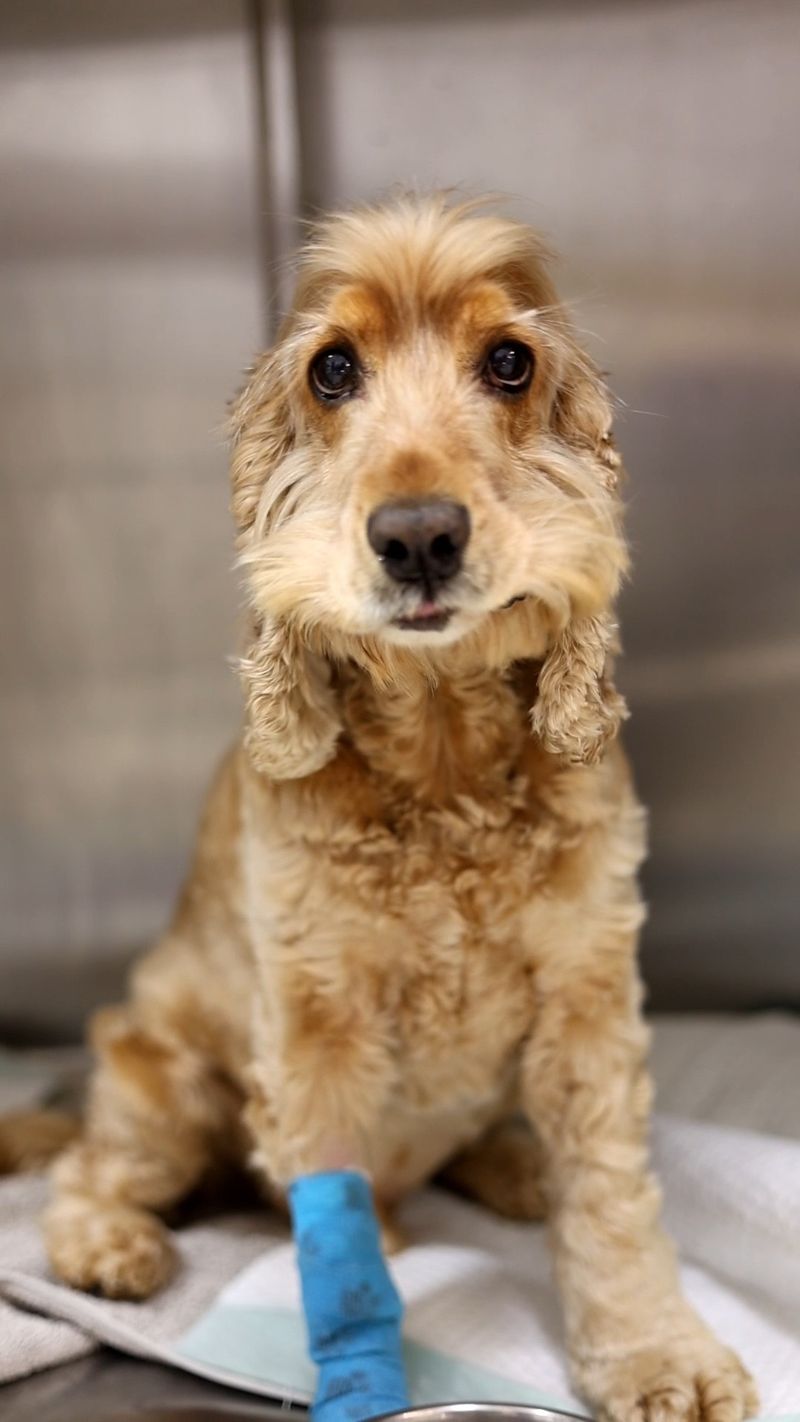In the world of canine companions, some dogs face the added challenge of battling allergies. Allergies in dogs can manifest in various forms, such as skin irritations, respiratory issues, or digestive problems. Understanding these conditions and knowing how to help your furry friend can greatly enhance their quality of life. Below, we explore 14 unique dog breeds that often experience allergies and provide insights into how to help them thrive.
Labrador Retriever
Enthusiastic and energetic, the Labrador Retriever is prone to food allergies, often requiring a special diet. These loyal companions thrive on a balanced, grain-free diet to minimize allergic reactions.
Their love for water makes them excellent swimmers, adding joy to their lives while also washing away potential allergens. Regular vet visits ensure their health is monitored closely.
Interestingly, Labradors were originally bred for retrieving fishing nets, highlighting their affinity for water.
Boxer
Boxers, known for their exuberant energy and playful nature, frequently face skin allergies. Their short coat requires regular cleaning to prevent itching and discomfort.
These lively dogs benefit from a diet rich in omega fatty acids, which helps maintain their coat’s health and reduce allergic reactions. Engaging in regular playtime keeps their spirits high.
A fun fact: Boxers are one of the few breeds that exhibit a natural inclination to stand on their hind legs, often observed in playful boxing-like gestures.
Shih Tzu
The Shih Tzu’s luxurious coat may hide a sensitive side, as they are prone to environmental allergies. Regular grooming helps manage their dense fur and prevents matting, which can aggravate allergies.
These affectionate lap dogs enjoy being pampered, making grooming a bonding experience. An allergy-friendly diet aids in reducing symptoms and keeping them comfortable.
Did you know? The Shih Tzu’s ancestry can be traced back to royal Chinese families, where they were cherished as palace pets.
Bulldog
Bulldogs, with their endearing expressions, often contend with respiratory allergies. Their unique facial structure requires special attention to air quality and environmental allergens.
These loyal and laid-back dogs appreciate a serene environment, free from harsh chemicals and pollutants. Regular cleaning of their skin folds is essential to prevent infections.
Historically, Bulldogs were bred for bull-baiting, a practice now obsolete, but their tenacity and courage remain legendary.
French Bulldog
The French Bulldog, with its charming bat-like ears and wrinkled face, often struggles with skin allergies. Their sensitive skin requires consistent care to prevent irritation. Regular grooming and hypoallergenic shampoos can help ease symptoms.
These small yet sturdy dogs are known for their affectionate nature and make excellent companions for city dwellers. Investing in an air purifier can reduce airborne allergens, benefitting both the dog and owner.
Did you know? Despite their name, French Bulldogs originated in England before gaining popularity in France.
Yorkshire Terrier
Yorkshire Terriers, or Yorkies, are known for their silky coats and lively personalities. They often deal with food and skin allergies, making a hypoallergenic diet essential.
Regular grooming sessions ensure their coat remains tangle-free and reduce the risk of skin irritations. Despite their small size, Yorkies are feisty and full of character.
Fun fact: Yorkies were originally bred to hunt rats in mines, showcasing their bold nature despite their petite stature.
Dachshund
The Dachshund, with its iconic elongated body, occasionally faces skin and food allergies. Their varied coat types require different grooming techniques to manage allergies effectively.
These curious and brave dogs enjoy exploring, making them prone to environmental allergens as well. A carefully monitored diet and regular baths can alleviate their symptoms.
Did you know? Dachshunds were originally bred in Germany to hunt badgers, which explains their fearless demeanor.
Poodle
Poodles, renowned for their intelligence and hypoallergenic coat, can still suffer from allergies. Regular grooming helps maintain their distinctive curls and prevents skin irritations.
These smart and versatile dogs excel in various activities, from agility to obedience. Keeping their environment clean and allergen-free is vital for their well-being.
Interestingly, Poodles were once used as water retrievers, a testament to their versatility and adaptability.
Golden Retriever
Golden Retrievers, with their friendly and devoted nature, are susceptible to skin and food allergies. A diet rich in omega-3 fatty acids supports their skin health and reduces allergic reactions.
These gentle giants thrive on regular exercise, which keeps them healthy and happy. Regular vet check-ups help monitor and manage their allergies effectively.
Curiously, Golden Retrievers were originally bred in Scotland for hunting, reflecting their energetic and cooperative nature.
West Highland White Terrier
The West Highland White Terrier, or Westie, is known for its striking white coat and cheerful personality. They often face skin and food allergies, necessitating specialized care.
Regular grooming and a balanced diet are crucial to keeping their allergies in check. Despite their small size, Westies are known for their boldness and confidence.
Fun fact: Westies were originally bred in Scotland to hunt small game, reflecting their tenacious spirit.
Bichon Frise
The Bichon Frise, resembling a living cotton ball, often battles skin and food allergies. Their sensitive skin requires hypoallergenic products and regular grooming to prevent irritation.
These cheerful and playful dogs are highly social, thriving in environments where they are the center of attention. A diet rich in antioxidants can help manage their allergy symptoms.
Did you know? The Bichon Frise’s lineage includes water spaniels, reflecting their affinity for water and playful nature.
Cocker Spaniel
Cocker Spaniels, with their soulful eyes and flowing coats, are prone to skin and ear allergies. Regular cleaning of their ears and maintaining their coat’s health is essential.
These affectionate dogs enjoy companionship and thrive on human interaction. A diet tailored to their specific needs helps minimize allergic reactions.
Curiously, Cocker Spaniels were originally bred as hunting dogs, known for their exceptional sense of smell and retrieving skills.
Boston Terrier
Boston Terriers, known for their lively and friendly demeanor, often face respiratory allergies. Their short snouts require special attention to air quality and environmental factors.
These intelligent dogs are easy to train and enjoy engaging in playtime and mental stimulation. An allergen-free environment promotes their well-being.
Did you know? Boston Terriers are sometimes called “American Gentlemen” due to their distinctive tuxedo-like markings and polite nature.
Beagle
Beagles, with their curious nature and exceptional sense of smell, often experience food and environmental allergies. A diet free from common allergens supports their health and vitality.
Regular outdoor adventures expose them to potential allergens, but their zest for exploration cannot be tamed. Monitoring their environment and diet helps manage symptoms.
Interestingly, Beagles were originally bred for hunting small game, a trait still evident in their inquisitive and lively demeanor.
